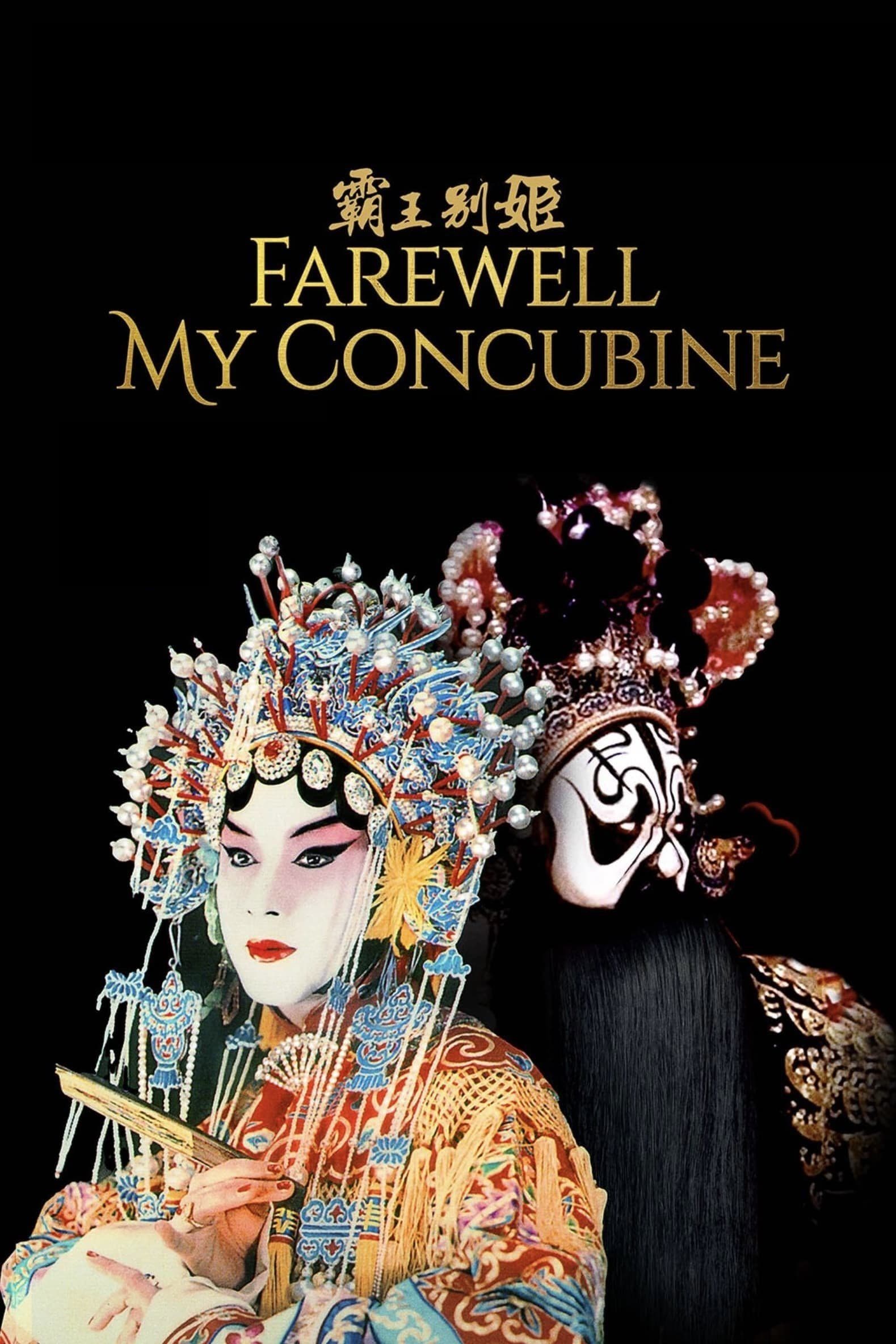
Farewell My Concubine
1993
Rate this movie
Average: 0.00 / 5
(0 votes)
Director
In some ways surprising is this work by Chen Kaige, which captivated the Cannes jury, snatching the Palme d'Or, ex aequo with Jane Campion's The Piano. A triumph that was not only a recognition of directorial genius but a powerful affirmation for Chinese auteur cinema on the global stage, propelling Chen Kaige and the emerging "Fifth Generation" of filmmakers – of which he was already a prominent figure alongside Zhang Yimou – towards international renown at a time of growing Western interest in complex narratives from the Far East. Farewell My Concubine (original title Bàwáng Bié Jī) thus stands as the pinnacle of a cinema that combines epic grandeur and psychological intimacy, millennia-old history and personal drama.
The undisputed protagonist of the film is early 20th-century Chinese theatre, Jingju or Peking Opera, which narratively forms the framework within which the film's events unfold. But its function is far more profound than a mere backdrop: Jingju is a pulsating vital organ, a character in its own right whose iron discipline and ancestral rituals shape the lives of the protagonists. From the cruel training sessions that forge the bodies and souls of young apprentices, to the grueling rehearsals, to the immutable codes of acting and singing, the opera is the matrix from which every drama, every ephemeral joy, every painful revelation springs. The film immerses us in a world where art is a totalizing vocation, demanding absolute sacrifice and dedication, often at the expense of one's individuality.
The story is that of two friends, Duan Xiaolou and Cheng Dieyi, who, from childhood, embark on the arduous career of stage actors in early 20th-century China, a period of immense historical turbulence that is relentlessly reflected in their lives. Their growth, formative experiences, and early performances are inextricably linked to the rigorous and at times brutal environment of the opera school, which molds them into exceptional performers: Xiaolou, the powerful Wusheng (male warrior role), and Dieyi, the delicate Dan (female role). The careers and lives of the two friends will then be separated and reunited, but always dramatically marked by the whirlwind of events that sweeps through China: from the end of the Qing dynasty and the warlord era, to the Japanese occupation, to the advent of communism, up to the devastating Cultural Revolution. The film paints a breathtaking historical fresco, showing how macro-historical forces can crush individual destinies.
The two will reunite many years later, called upon to perform their chosen opera, the one that gives the film its title: the iconic "Farewell My Concubine," in the roles of the two main characters, Emperor Xiang Yu and his favorite concubine, Yu Ji. A role, that of Yu Ji, which Cheng Dieyi, portrayed with sublime intensity by Leslie Cheung, embodies with such visceral dedication that he can no longer distinguish self from performance, stage from life.
The friendship between the two, following the script of both opera and life, will blossom into an uncontainable passion for Dieyi. This is not a simple inclination, but a total identification, a mystical fusion with his role and with his stage partner. Things will further complicate when one of the two, Xiaolou, falls in love with a beautiful and pragmatic prostitute, Juxian (portrayed by an extraordinary Gong Li), who, with her disruptive presence, breaks into the sacred theatrical and sentimental bond of the two men, shaking their certainties and bringing latent tensions to the surface. Gong Li, with her magnetic presence, gives Juxian a depth that makes her far more than a mere disruptive figure, but a strong, resilient, and tragic woman, herself a victim of historical circumstances and the emotional triangle she finds herself in.
The fragile boundary between reality and the stage shatters until the two sensory planes interpenetrate, a profoundly Pirandellian theme that here takes on epic resonances. Fiction embraces the lives of the two actors in a deadly grip, dragging them into a vortex of urges they cannot resist. Cheng Dieyi does not "act" the concubine Yu Ji, he is the concubine, with all her frailties and her tragic loyalty. This blurring between performance and identity, between script and destiny, leads to a psychological dimension of suffering and obsession where Dieyi's love for Xiaolou merges with his devotion to art and to his role, making his character one of the most touching and unforgettable in world cinema.
The subtle psychological dimension of the two friends is at the core of Chen Kaige's investigation, who uses theatre as a wonderful pretext to accomplish his task. A Pirandellian language that metabolizes theatre to make it spill over into Reality, a kind of boundless stage where emotions between narrative and lived experience interpenetrate until they become one. The film is a profound meditation on identity, sexuality, unrequited love, and the destruction of the individual by history and fanaticism. Every political upheaval is a new act of this human and artistic drama, which sees the characters betray, recant, despair, merely to survive or, conversely, die for what they believe in.
A work of unparalleled stylistic refinement: polished, luxurious in Gu Changwei's cinematography and the costumes, dense with homages to Chinese theatre and its rigid formalism. Every frame is a painting, every opera scene a feast for the eyes, which restores the magnificence and exoticism of a millennia-old art, before it was overwhelmed by the iconoclastic fury of the Cultural Revolution. The film is a poignant chronicle not only of the lives of two men, but also of the slow agony and rebirth of an art, Jingju, and the nation that generated it. Farewell My Concubine is not just a film, but an epic, a visual and emotional symphony that resonates far beyond the final scene, leaving an indelible imprint on the viewer's memory and in the pantheon of auteur cinema.
Main Actors
Gallery
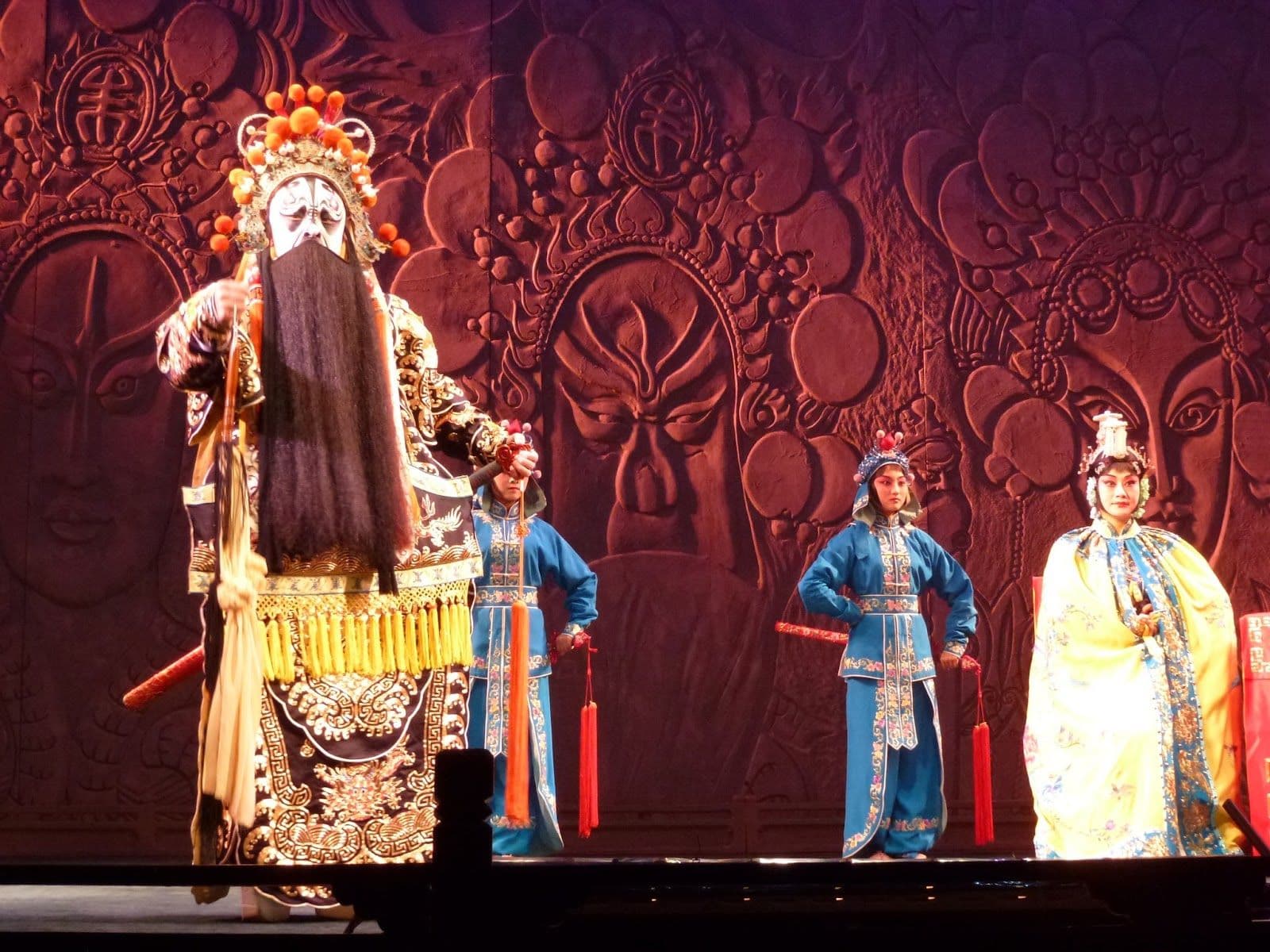
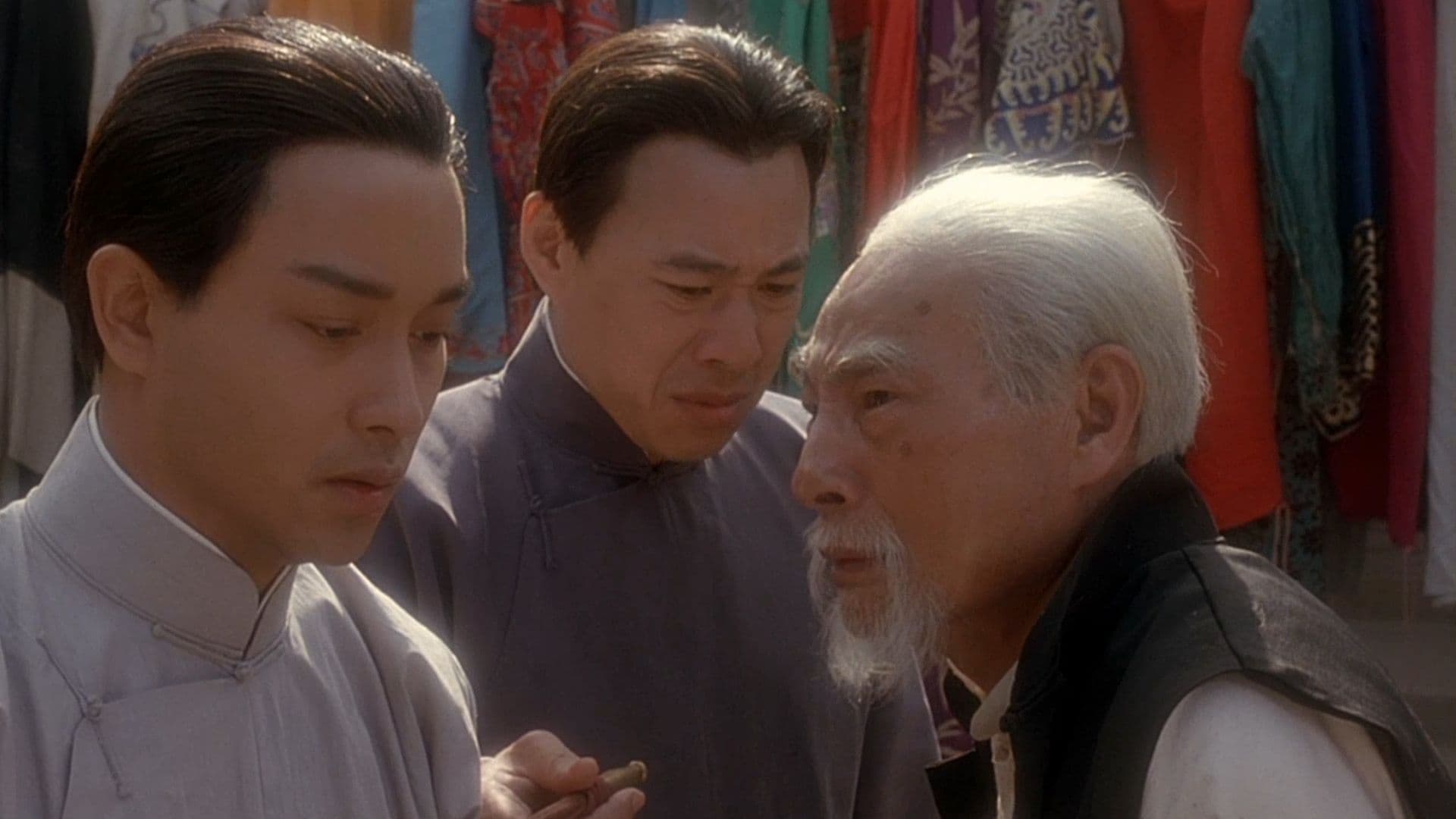
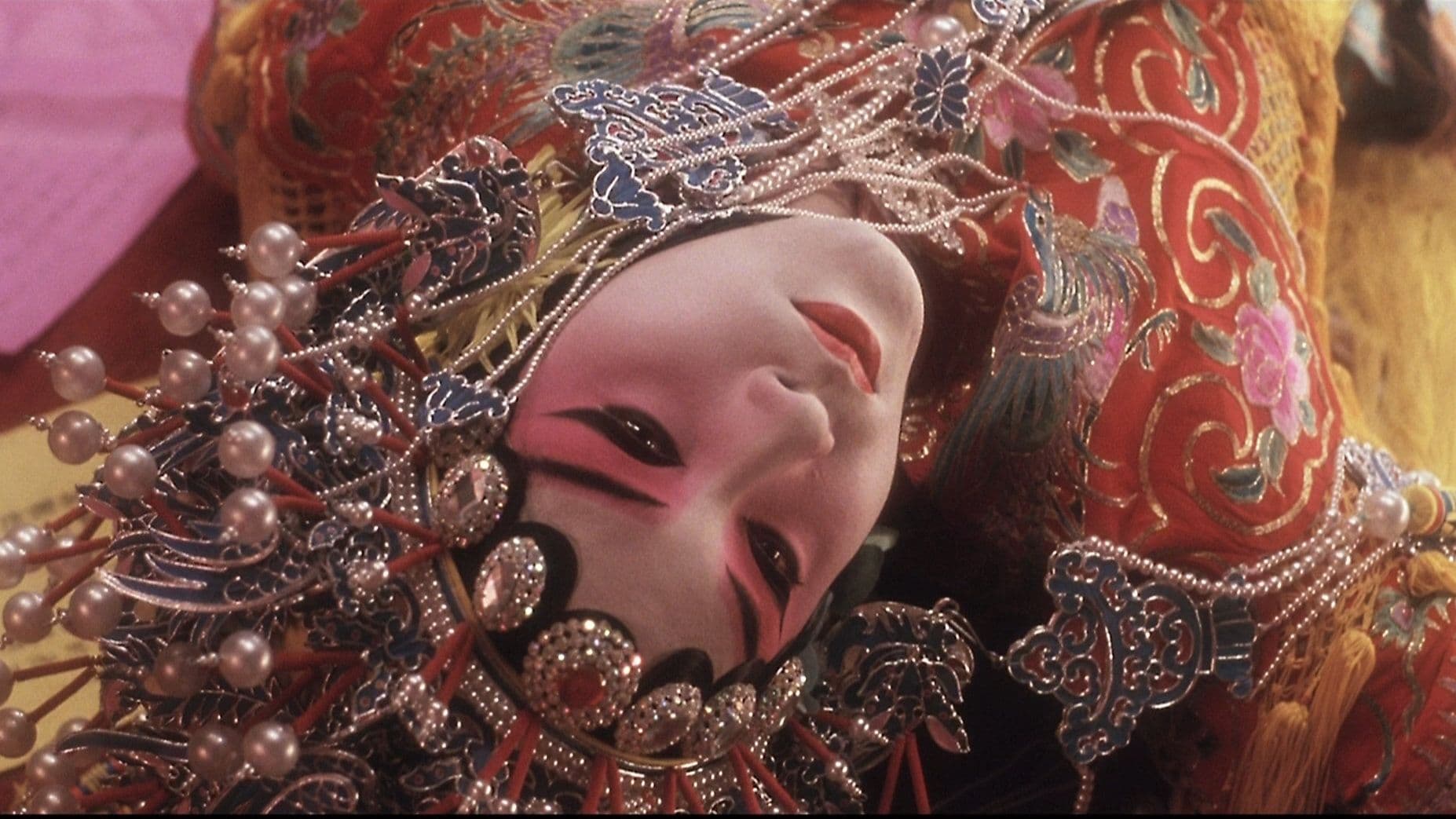
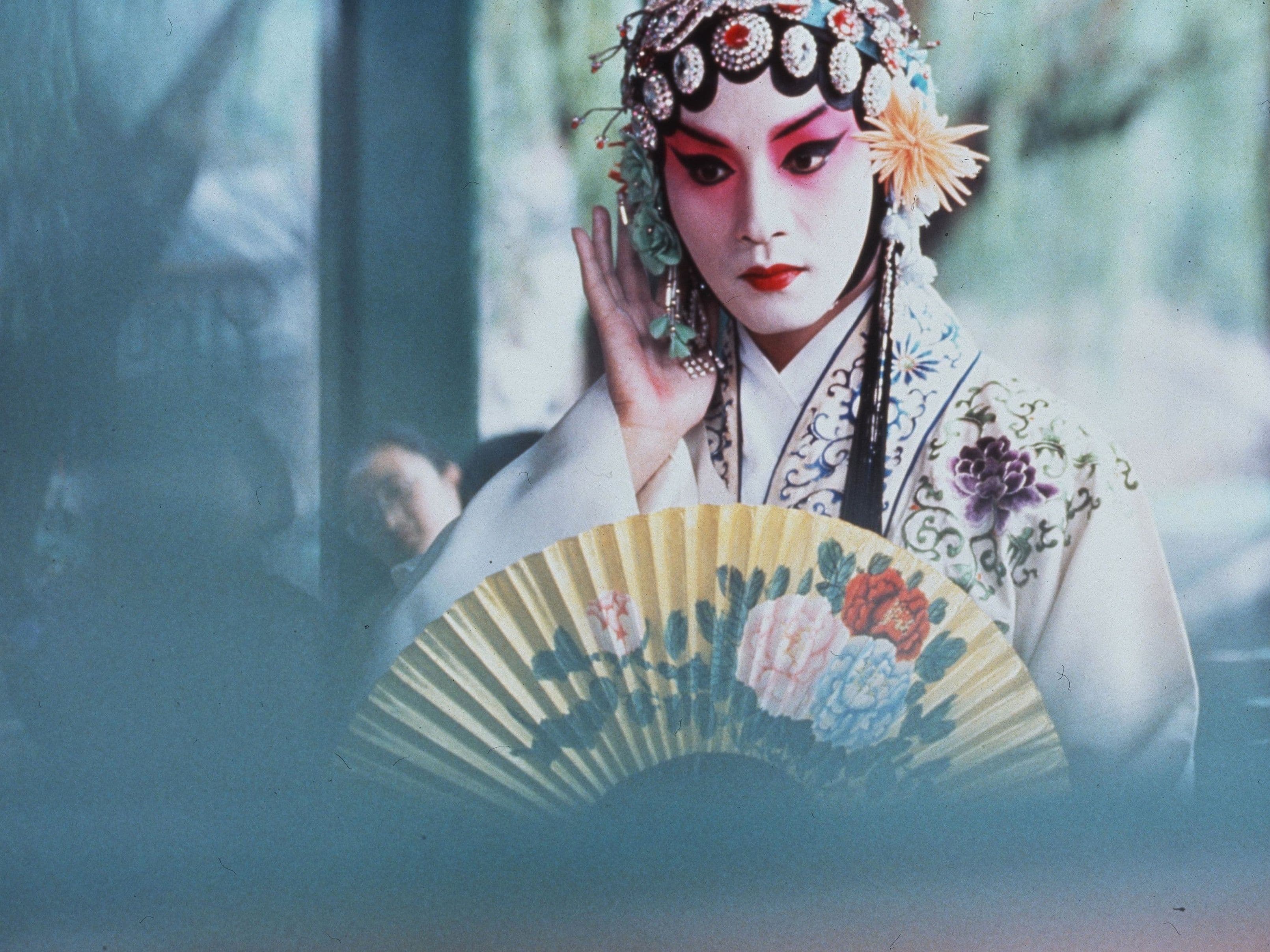

Featured Videos
Official Trailer
Comments
Loading comments...